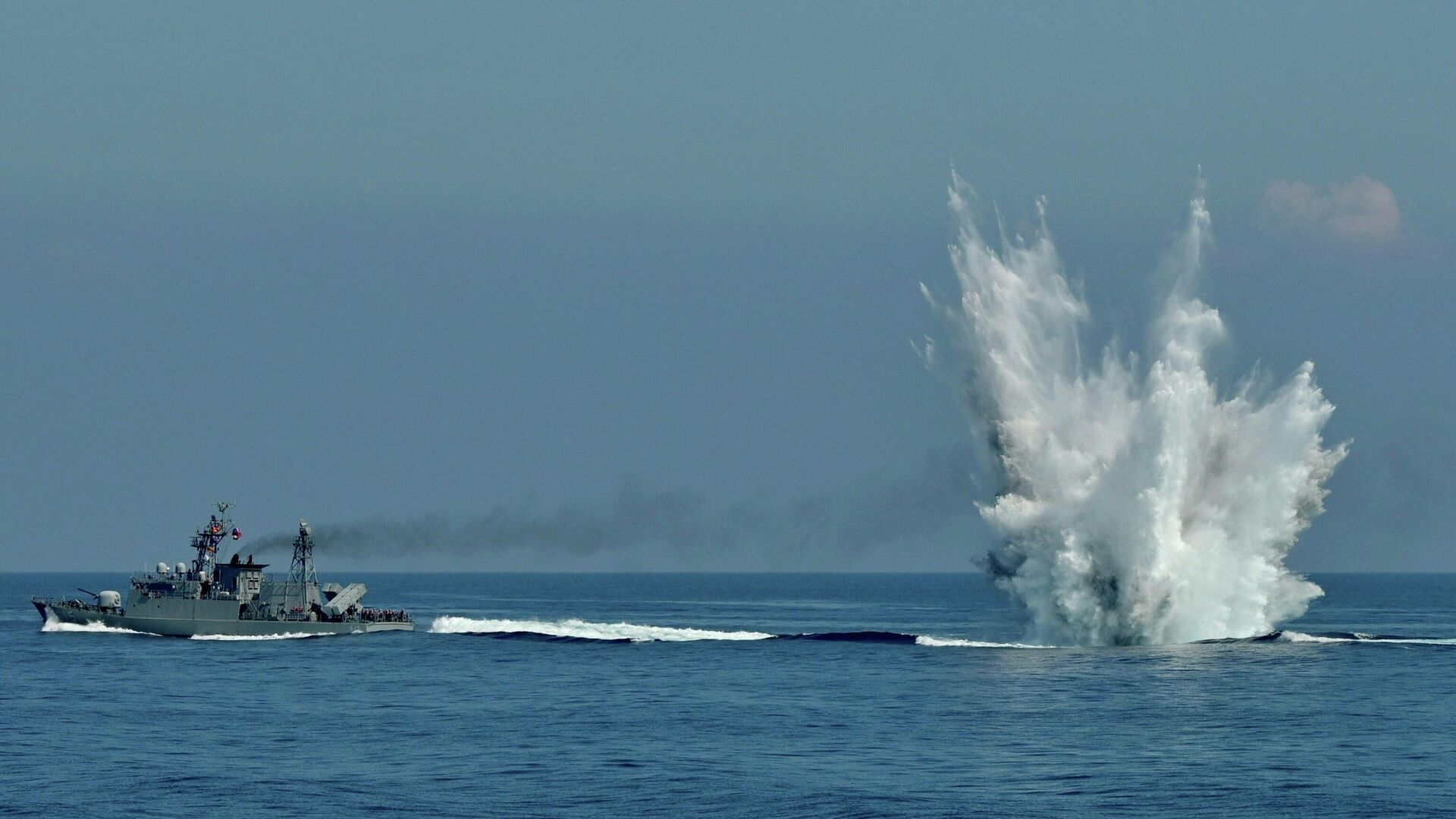
Abstract
The game on Taiwan has entered a new stage for China and the US. On August 3, 2022, Nancy Pelosi, US Speaker of the House of Representatives, visited Taiwan despite strong opposition from the PRC. Immediately after Pelosi's departure from Taiwan, the PLA conducted military maneuvers around Taiwan island. The incident has been described as the “Fourth Taiwan Strait Crisis”. Although the Taiwan Strait crisis did not manifest in a direct military conflict, US credibility on the Taiwan issue is nearing total bankruptcy, as the policy of “strategic ambiguity” has essentialy become null and void. The political basis for maintaining the status quo in the Taiwan Strait between the US and China has been falling to pieces.
But there is potential for a turnaround in the crisis. As the crisis in the Taiwan Strait heats up and regional security tensions rise, more people in Taiwan are questioning the US security commitment to the Taiwanese authorities. China should seize this political momentum and, while diplomatically fighting the US, focus on the Taiwan island, squeezing the space for the “Taiwan independence forces”, and pushing the political climate on Taiwan toward national reunification. We must do our utmost to neutralize US military intervention through strong military deterrence, coupled with vigorous suppression of Taiwan independence forces in order to “win without fighting” and finally achieve national reunification. Based on our analysis of the emerging situation in the Taiwan Strait, we propose the following policy recommendations:
1) re-evaluate the long-term deployment of the strategy toward Taiwan and adhere to the long-term strategy;
2) continue to implement a regular and high-pressure military policy towards “Taiwan independence forces” to break the morale of the Taiwan authorities;
3) remind the Taiwan authorities through the regularization of military maneuvers that the "civil war" is not over and the goal of national reunification must be achieved;
4) maintain international integration in economic policy and provide more economic and political support for the social forces in Taiwan that support cross-strait integration.
Research Questions
-
The “Fourth Taiwan Strait Crisis” caused by Pelosi's Taiwan visit
-
Does the United States still maintain “strategic ambiguity”?
-
• How can China respond to this round of the Taiwan Strait crisis and promote national reunification?

